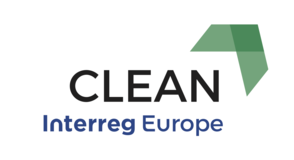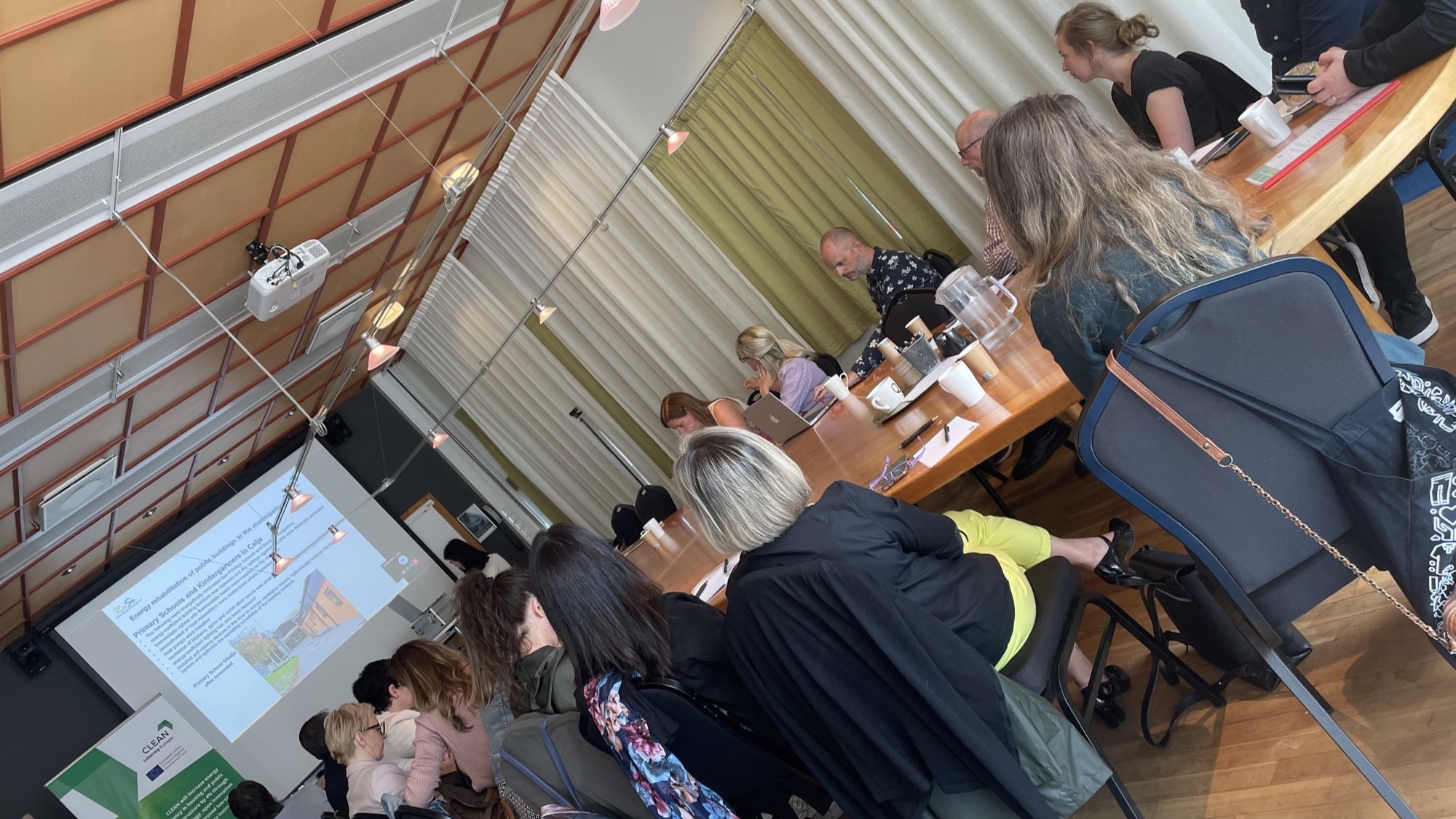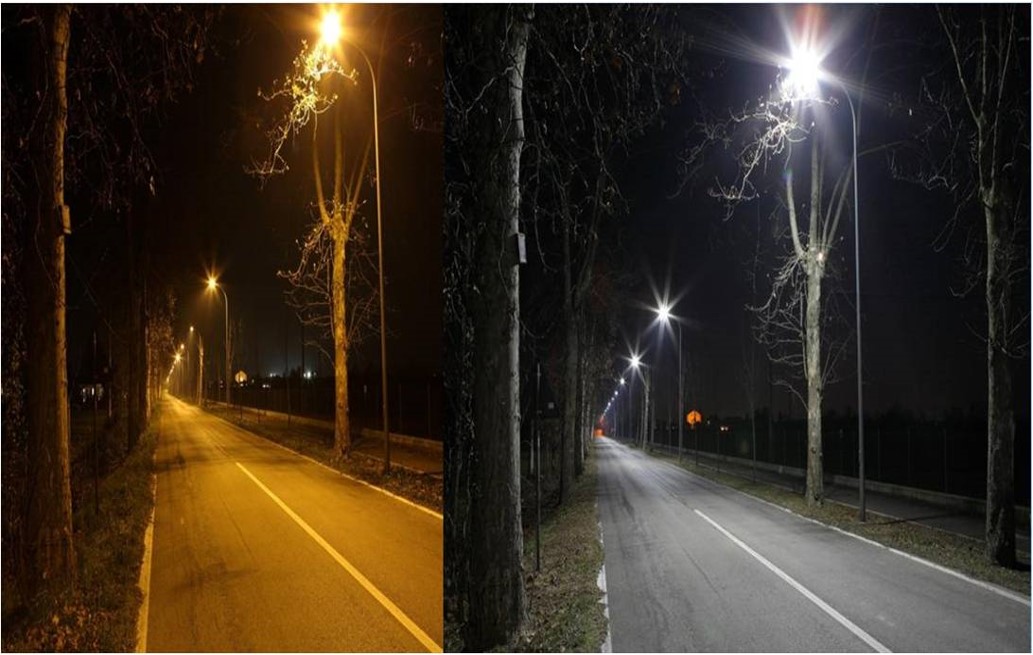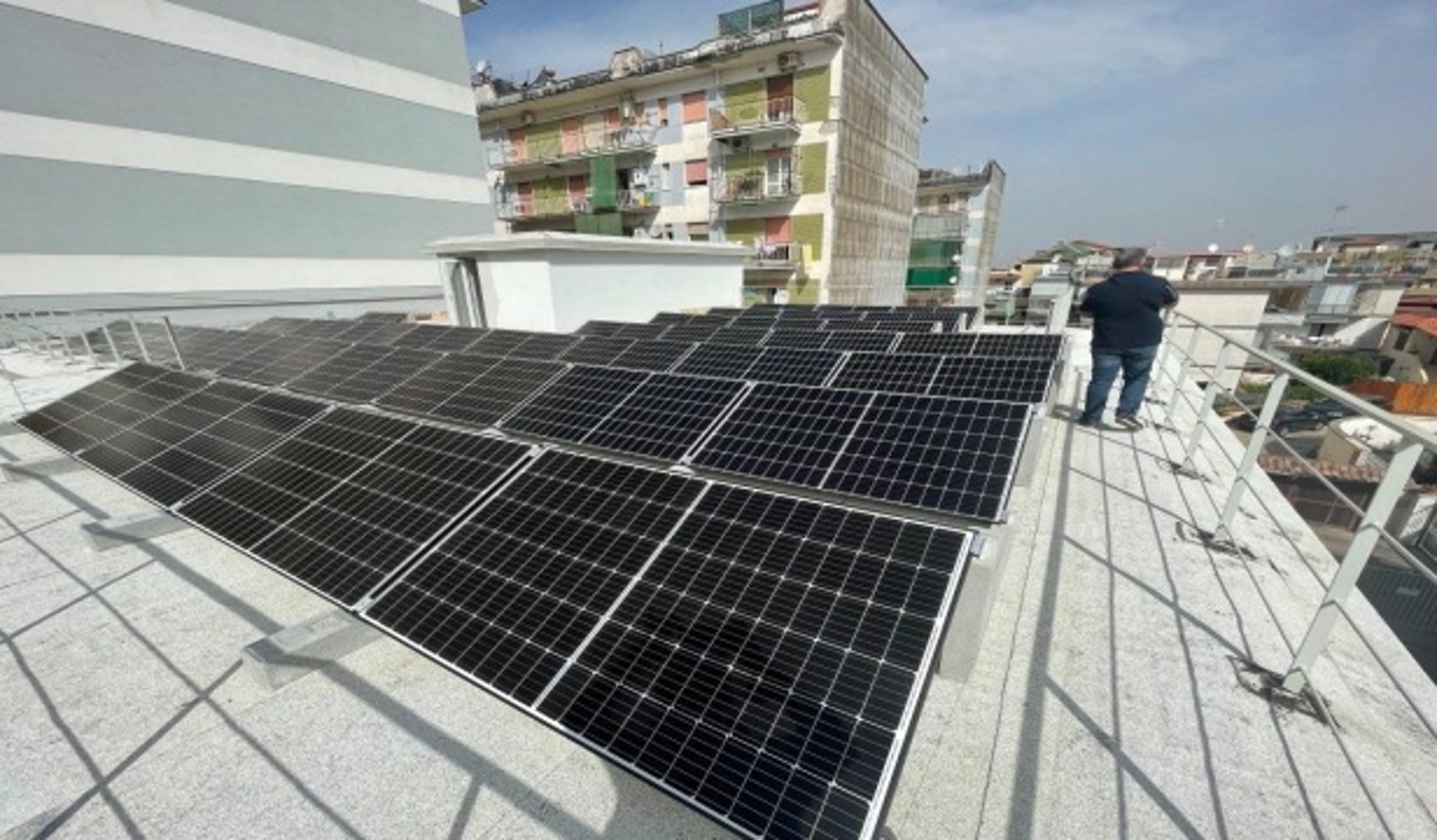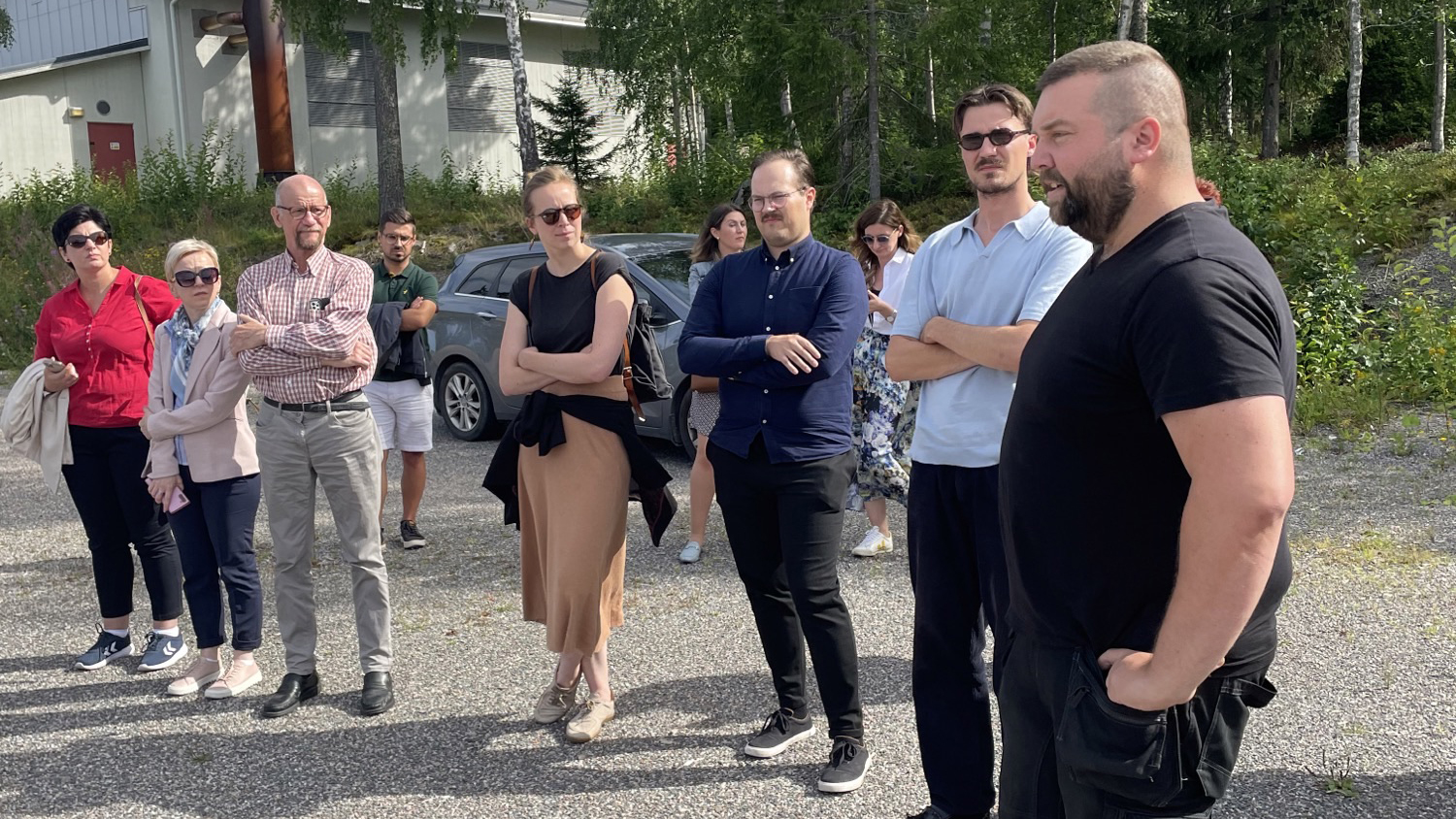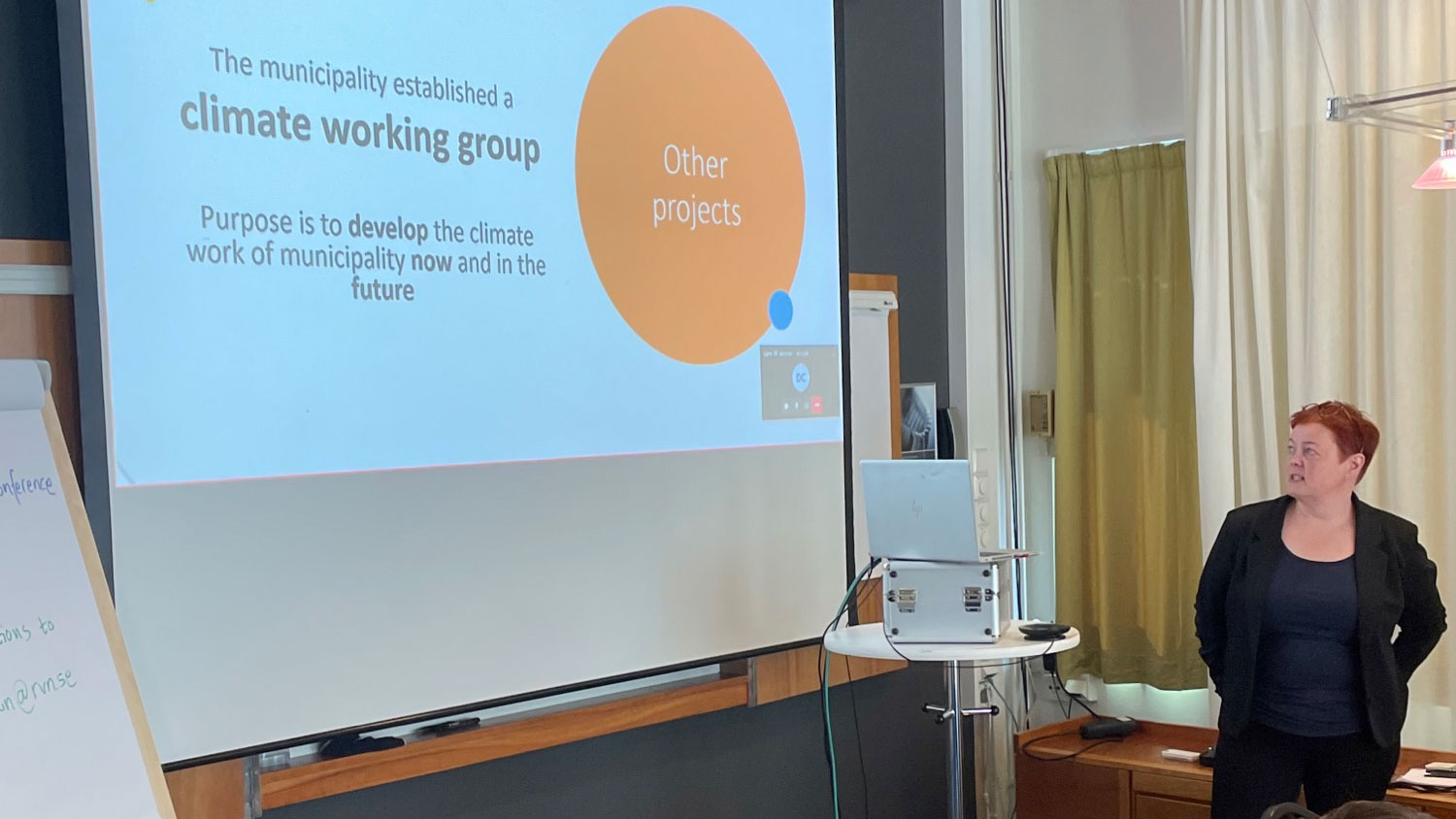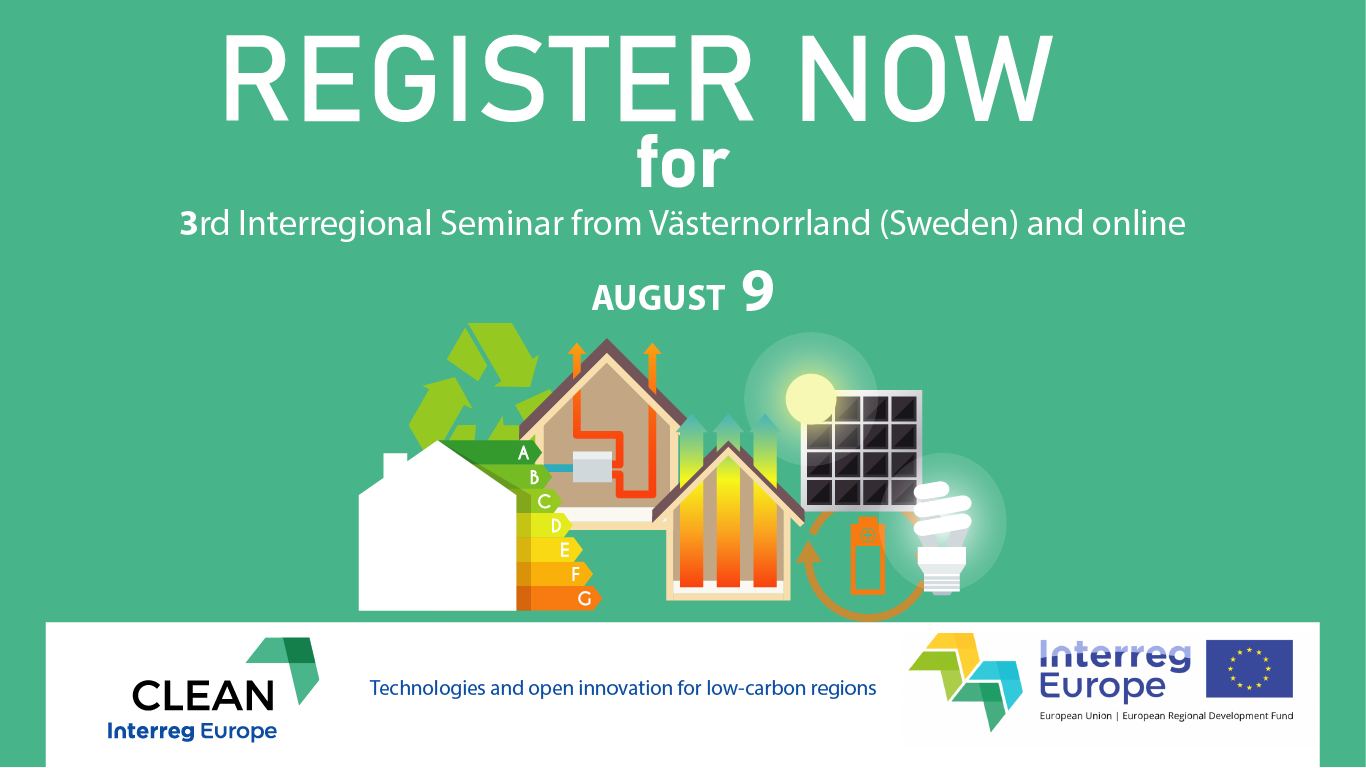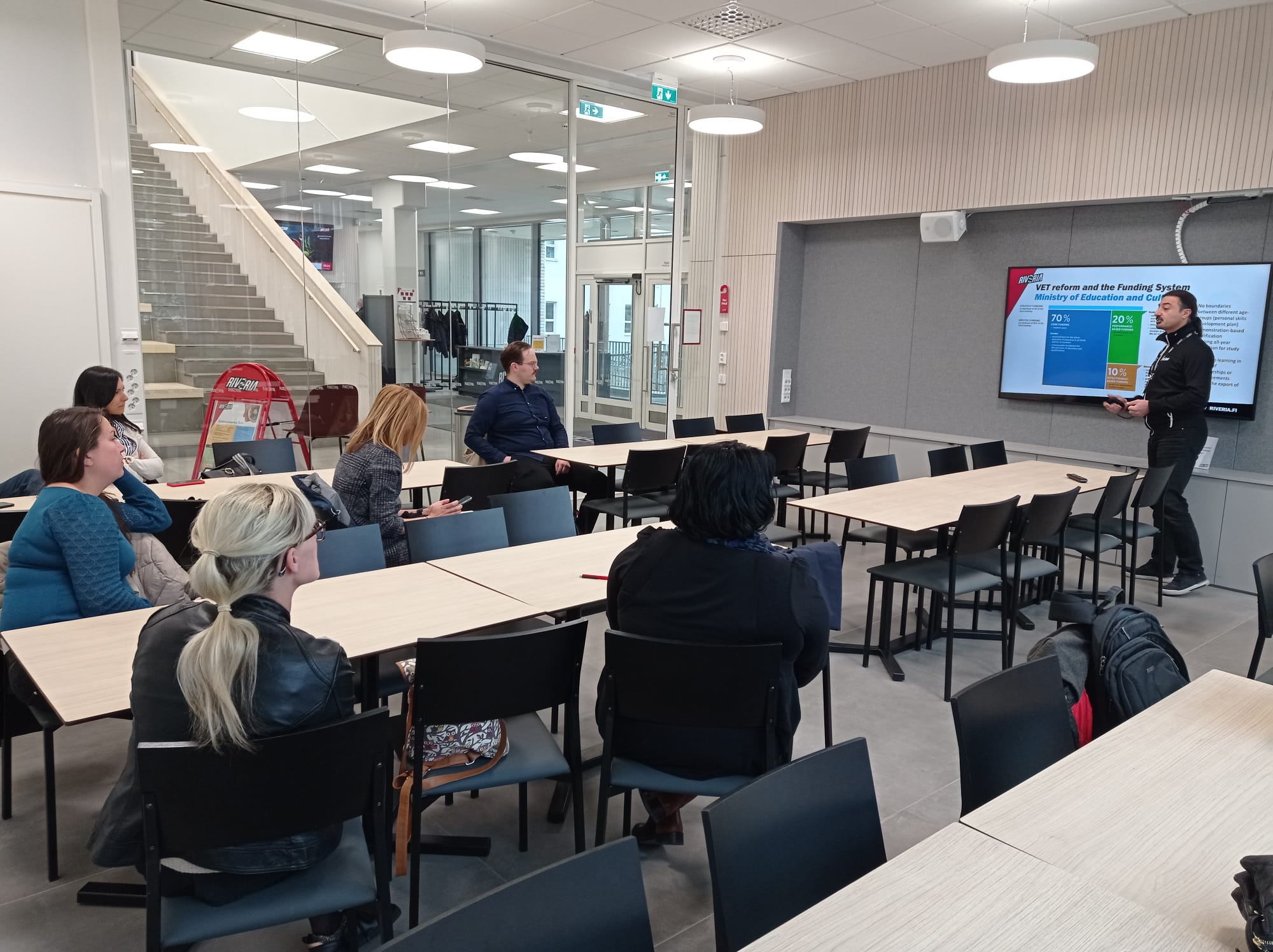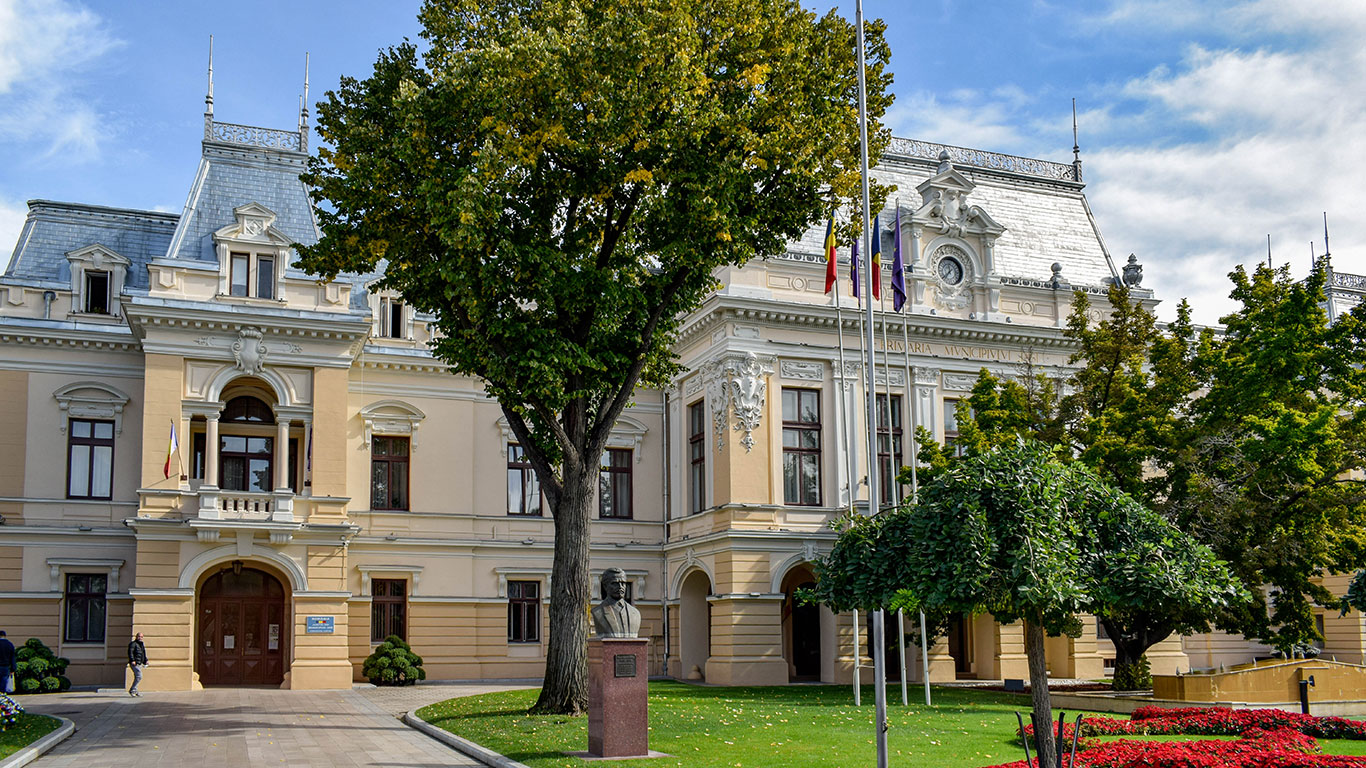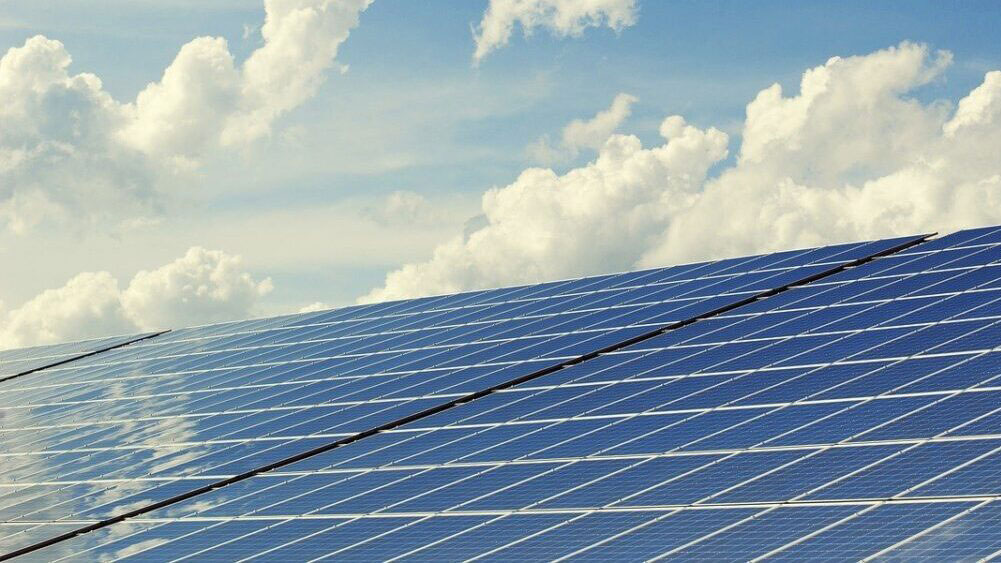Interreg Europe funded CLEAN project partner Region Västernorrland (Sweden) will improve energy efficiency in Nipanskolan and Helgums skola schools and will reduce energy consumption in the buildings and create of energy awareness among students.
In Region Västernorrland, public buildings such as schools are often relatively large buildings, and therefore they have been objected for increased energy efficiency for a long time. Generally, in the situation today heat recovery in ventilation systems can be improved, and there is also potential for improvements in heating systems and hot water system. In order to save electricity, there is a potential in converting lighting into LED, but also in replacing old pumps and fans with more efficient units.
For example, in Nipanskolan, a former military regiment and an area culturally protected, four buildings three ventilation units will be converted into modern units with rotating heat recovery and will improve the indoor climate and the air quality. In Helgums skola, as the building is heated by a heat pump there is a year-round demand for electricity, and there are good conditions for installing photovoltaic panels. In the ventilation units of the school, the fans will be replaced by more energy efficient options and the existing lighting will also be replaced by LEDs.
Solatum (municipality owned public housing company) expects that the consumption in the actual buildings will be reduced 47,9 MWh/year of the heat, and 170 MWh/year electricity. As well as the production of renewable electricity will increase with 90 MWh/year for Solatum. Calculated based on so-called Nordic electricity mix (which is an average), the emissions for electricity are around 50 grams CO2 equivalents per kWh. This will lead to a reduction of 8.5 tonnes CO2 equivalents.
In these actions, Solatum has taken in account the experiences made by ENERTIC Smartbuilding from Fomento San Sebastián, EE in School center Velenje (Slovenia) from RASR and Save energy in European schools (EURONET 50/50) from Region of Crete. The action is also based on experienced gained from a study visit to North Karelia. Solatum realized on the added value of making special efforts to improve energy efficiency and invest in fossil-free and renewable energy supply.
All actions taken will be used as good examples, which may be copied by other within as well as outside the region. The action will also increase the knowledge by Solatum, but also among consultants and installation entrepreneurs. In this way, it will support a higher level of knowledge about energy efficiency in the entire branch. There is a potential for converting the existing lightning into LED.
